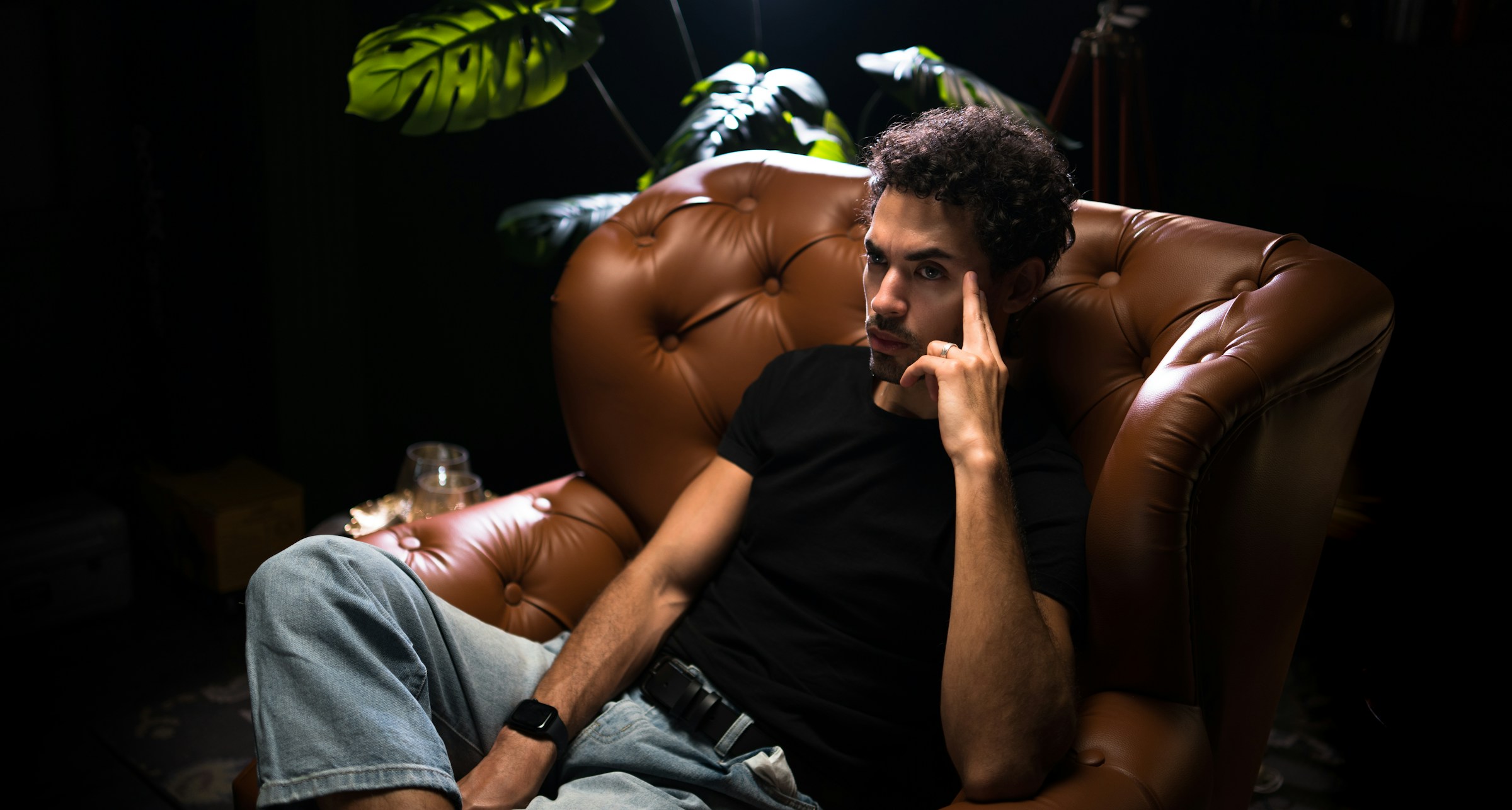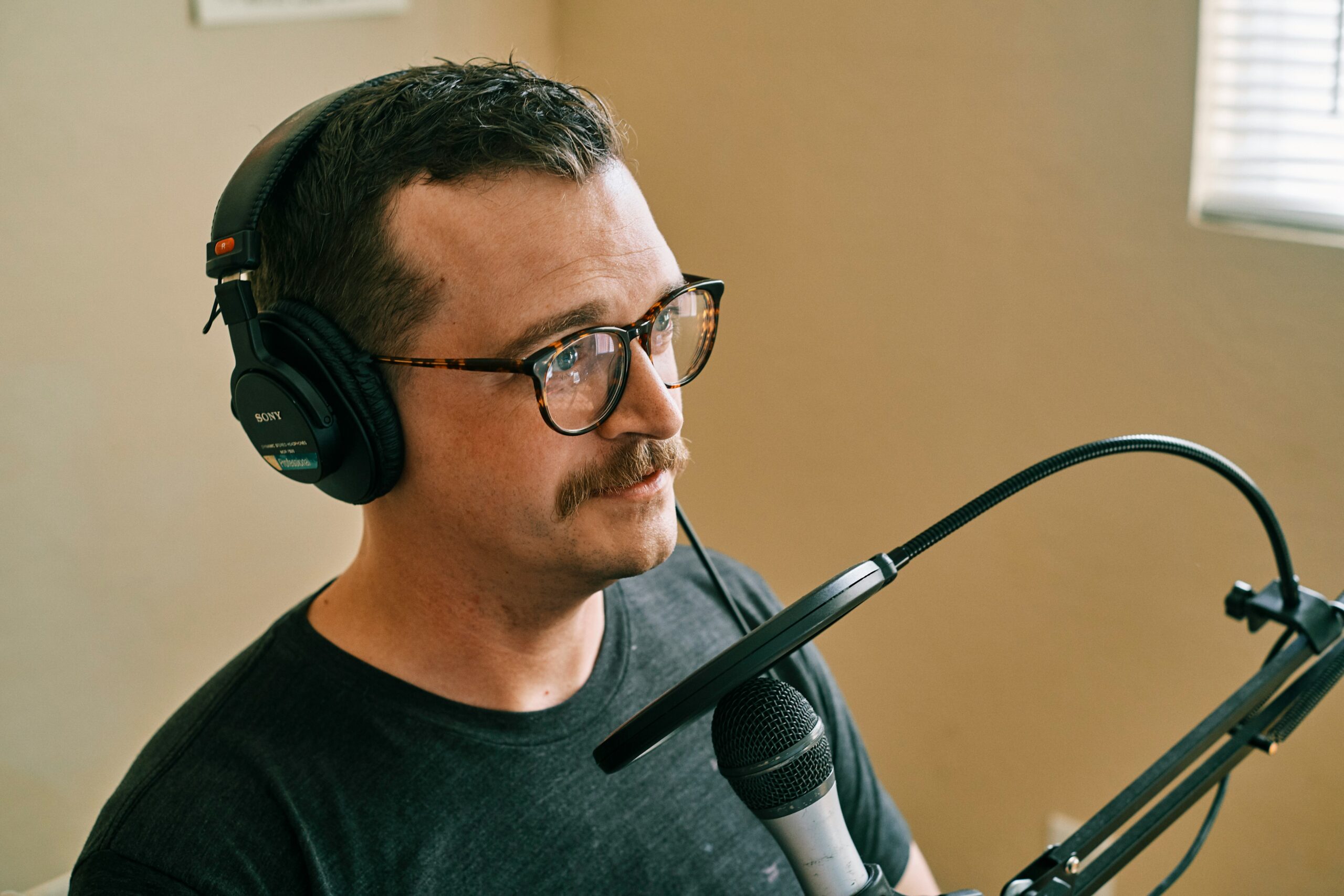Practicing improvisation is no different than practicing anything else. With time, diligence and hard work, you can become gifted at the art of creating live performance on the spot.
Find a Teacher
Just getting together with your friends to practice improv is great, but it won’t teach you anything unless you have access to a professional in the field. Your teacher is there to pass on wisdom and help you learn to see your own weaknesses while providing ways to improve. Their guidance is a great way to help you find a path when it seems like you could head in any direction. As an important note, never be afraid to move on to a different teacher when your current one has taught you all that they can.
Study
Alongside your teacher, study. Watch interviews with improvisers you find talented. Read about the theory behind improvisation. Try out new exercises you come across. Study is what allows you to gather the information you need to ask questions, make improvements and grow as a performer. It teaches you the language of the industry and warns you against useless pursuits.
Practice
In the end, though, practice makes perfect. You can train improv by yourself in an empty room or you can do so in front of an audience and learn more in that one night than a lifetime by yourself. To do is to progress. Each time reveals some new strength and some new flaw you could never hope to find on your own. The public, for as cruel as it can be, is a fantastic resource for learning. Their responses teach you how to read the air of a crowd and how to shut down hagglers. In short, live performance is what refines your practice into a profession.


